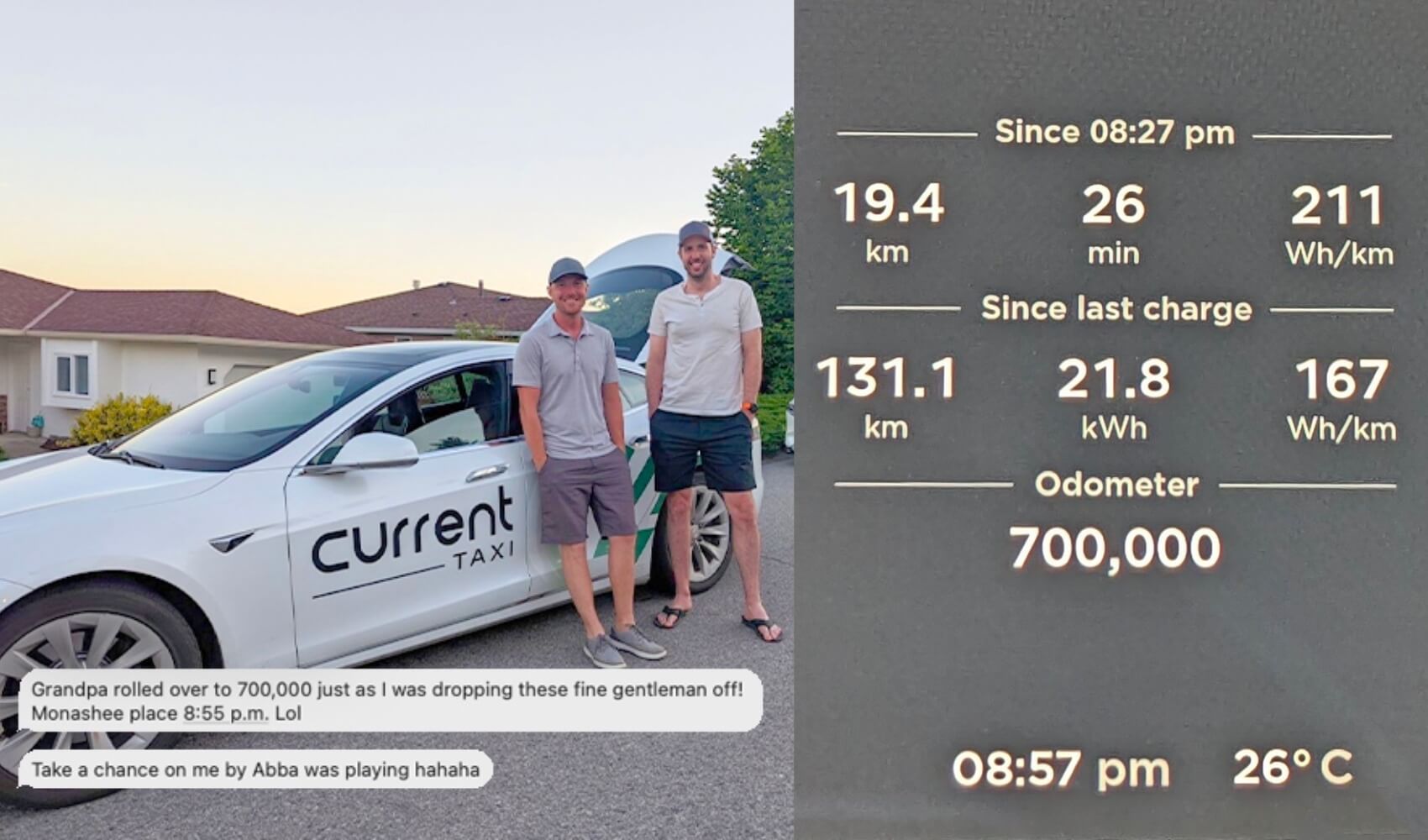It’s interesting as the price of electricity varies so much from free, to as little as 7p per kWh at home, to 80p plus at some public chargers.
It would be like buying 1L oil top ups from a motorway services to do an oil change. Or a weekly shop at a convenience store.
I think for a hire car it is difficult, but I’m pretty sure that a lot of people who run EVs charge at home?
So the real comparison would be, the same level of charge covering 236 miles would maybe cost less than £10 charged at home, and that’s less than half the price of your diesel car comparatively. And although the EV was only showing 236 miles currently, in spring-summer-autumn the range would likely increase, and the range of any ICE car in a congested urban environment would likely drop significantly.
No real right or wrong there, you just need to choose the vehicle that suits your circumstances, or run more than one for the different usage patterns that exist





